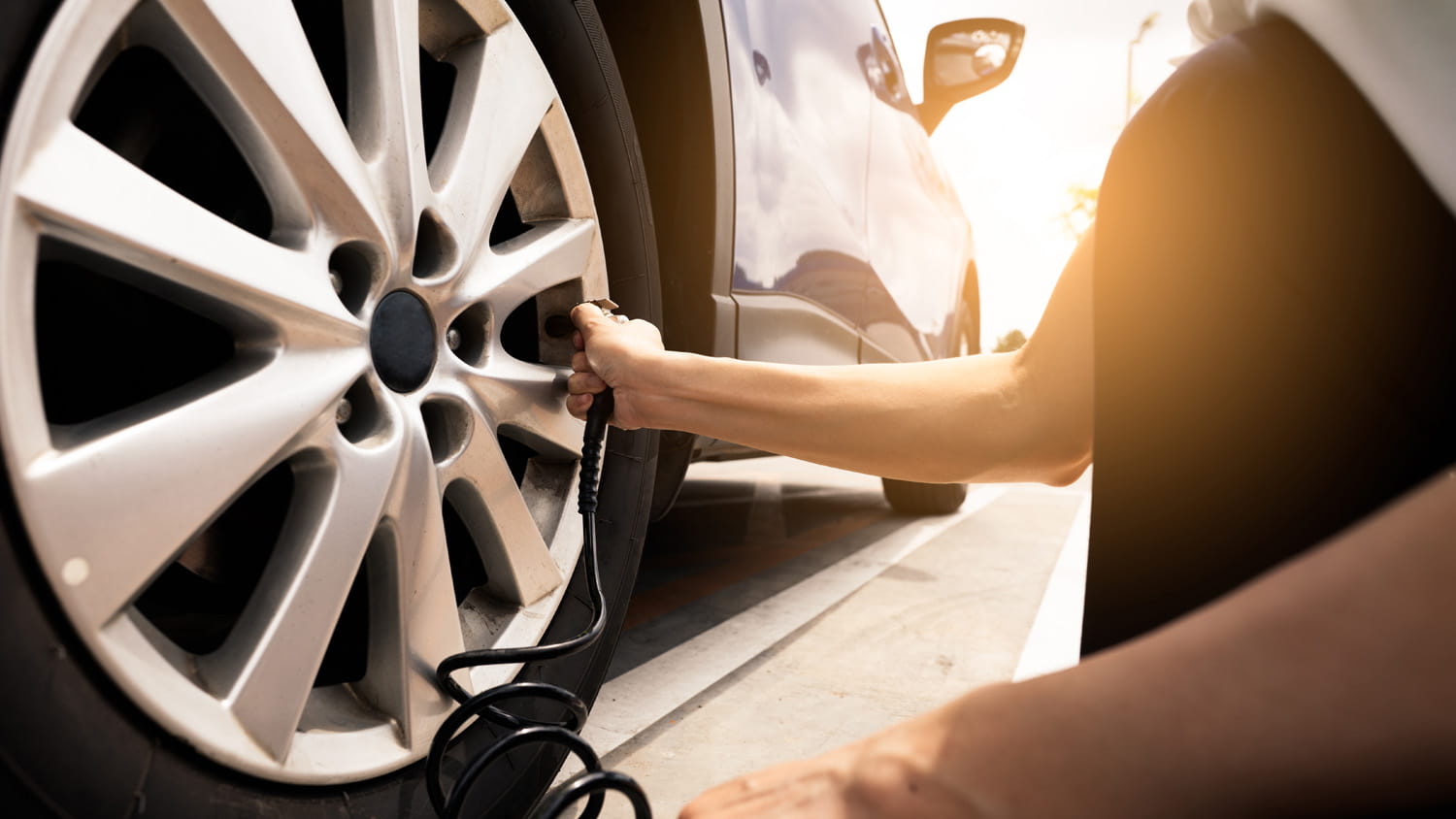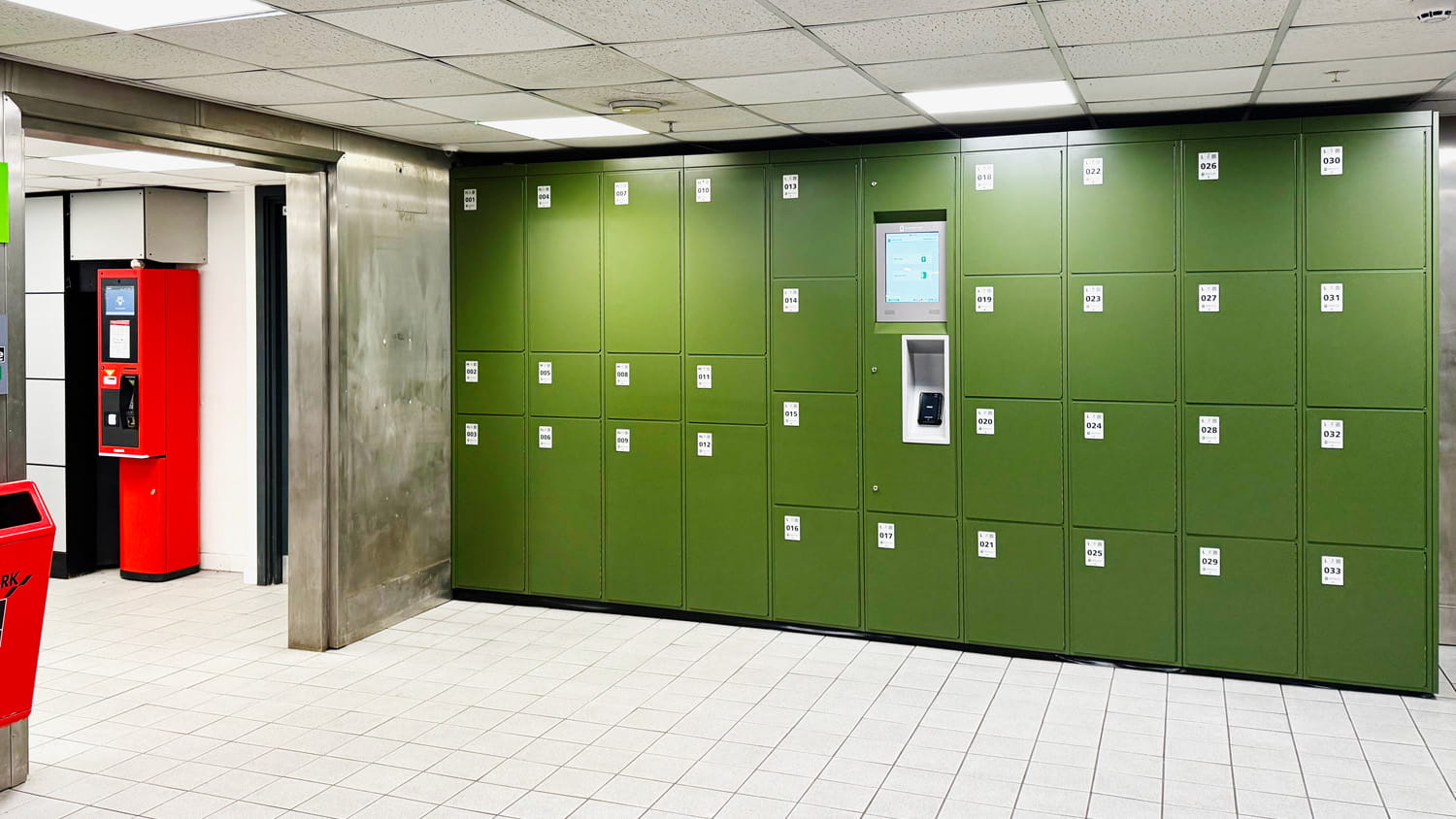
| Your cars tyres are the only part of the vehicle in direct contact with the road, which makes their condition absolutely critical to your safety.
Read more
All large parking facilities in France will be covered by solar panels under new legislation approved as part of President Emmanuel Macron’s push for energy security.
All large parking facilities in France will be covered by solar panels under new legislation approved as part of President Emmanuel Macron’s push for energy security.
Legislation approved by the French Senate this week requires parking facilities with at least 80 spaces to be covered by solar panels. The owners of car parks with between 80 and 400 spaces have five years to comply with the new laws, while operators of those with more than 400 will have just three years. At least fifty percent of the car park must be covered by solar panels. Once fully implemented it is expected that the new solar capability will provide the same amount of power to the French people as 10 nuclear power plants.
It is reported that this new legislation is linked to the rocketing inflation partly caused by high energy prices across Europe. In an attempt to curb the strain households are under countries are under pressure to increase their own energy security. The French Government have therefore seen car parks as a low hanging fruit to harness the Sun’s energy with there being millions of facilities across the country ranging from supermarkets to attractions and everything else in between.
So the question is, in the current absence of this in other countries can parking operators take the initiative and install their own?
Theoretically this is possible but there are significant cost implications to do this on existing parking facilities. The largest surface car parks tend to be either publicly owned or by largest businesses (such as supermarkets). Either of these have access to the required funds to make such large capital investments. Smaller operators and charities (for example the National Trust) will find this much more of an acute challenge. There is an argument though that the utility bill offsetting that would be possible could make this a sound investment.
Secondly changes to planning rules will mean that new parking facilities will be constructed with solar panels already installed. Q-Park have recently taken over the operation of a new build project at Sandwell General Hospital in Birmingham, UK and Q-Park Cassine Gare in Chambery, France. Both these facilities generate their own renewable energy which then goes back into the Grid Network and can offset their own running costs.
Q-Park have been at the forefront of the European Parking industry in the creation of Mobility Hubs which support the transformation of parking facilities into sustainable centres for the future. The aim is to develop parking facilities into vital instruments to help realise urban accessibility, sustainability and liveability. In addition to car parking, Q-Park are also aiming to provide access for shared mobility schemes, rapid fleet electric charging, last mile delivery, retail space and of course energy creation all within their safe and secure parking facilities.
More information on Q-Park Mobility Hubs can be found here.
About Q-Park
Q-Park is one of the three leading providers of parking facilities in West Europe, whether wholly owned, leased, managed or in a hybrid business model. Q-Park is notable for its quality approach and has a portfolio comprising over 640,000 parking spaces in over 3,300 parking facilities in the Netherlands, Germany, Belgium, Great Britain, France, Ireland, and Denmark. Q-Park has numerous mobility hubs which provide access to a variety of mobility solutions. We house and support a range of activities from last mile logistics, fleet charging hubs, micromobility and car sharing services which help support urban accessibility, sustainability and liveability.





